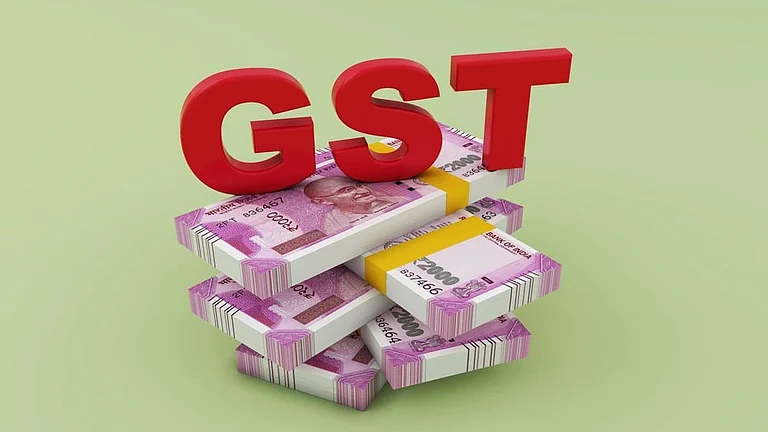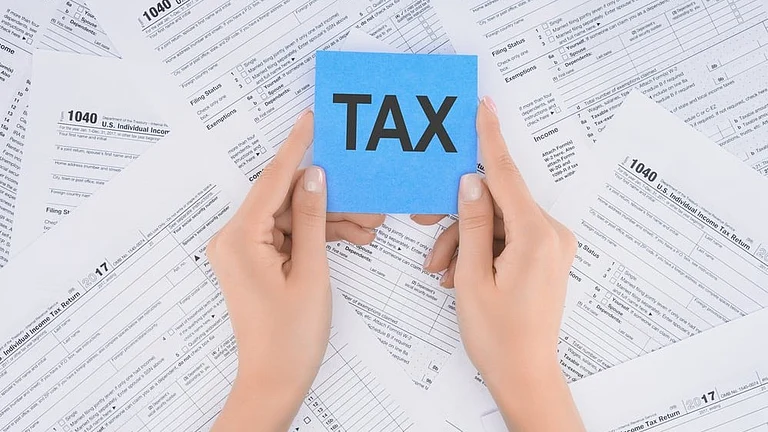Despite two consecutive weak earnings seasons, the central government not only expects to meet the Rs 22.12 lakh crore gross direct tax collection target for the current fiscal year but also aims to exceed it, according to sources in the Ministry of Finance.
The Q2 earnings season has left investors uneasy, with stocks of companies reporting weak results facing selling pressure. Companies like Trent, one of the favourites on Dalal Street, saw a 9 per cent drop in just two days after missing earnings estimates.
Global brokerage Jefferies has reduced 2024-25 earnings estimates for 63 per cent of the 121 companies it covers, marking its highest downgrade ratio since early 2020. The cuts suggest a 2.2-2.5 per cent reduction in Nifty earnings estimates during the earnings season.
Yet when India Inc. faces its toughest stretch since the pandemic, the mood in New Delhi’s North Block remains positive. As of November 10, data from the Finance Ministry reveals gross direct tax collections have surged by 21.1 per cent, reaching Rs 15.02 lakh crore—outpacing the budgeted growth target of 12.8 per cent for the year.
Net direct tax collections, however, grew by 15.41 per cent to Rs 12.11 lakh crore. “The lower net collections are due to higher refunds,” says a senior finance ministry official, requesting anonymity. Refunds worth Rs 2.92 lakh crore was issued during the period, marking a 53 per cent on year jump.
“Both higher compliance and economic growth have led to a trend of robust collections. So, we are hopeful to not just meet the target but exceed it,” adds the official.
According to the source, the latest data now employs the term "non-corporate tax" rather than "personal income tax." This broader category encompasses taxes paid by individuals, Hindu Undivided Families (HUFs), firms, bodies of individuals, associations of persons, local authorities, and artificial juridical persons.
































